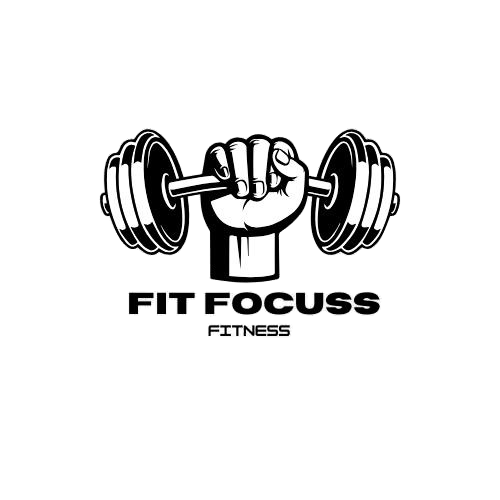Depression is not just about feeling sad for a day or two—it’s a deep, overwhelming emotion that affects how a person thinks, feels, and functions daily. It’s a mental health condition that can make even the most basic tasks—like getting out of bed or eating a meal—feel exhausting and pointless.
In today’s fast-moving world, where people often hide their feelings behind smiles or silence, depression continues to grow as a quiet epidemic. This blog aims to help you understand depression, recognize its signs, explore its causes, and discover ways to heal or help someone in need.
What Is Depression Really Like?
Depression isn’t simply a mood; it’s a medical condition that deeply impacts every area of life. It can last for weeks, months, or even years if left untreated. Unlike occasional sadness, depression tends to persist and worsen over time.
People with depression often describe it as feeling “empty,” “hopeless,” or “numb.” For some, it’s the constant weight of sadness; for others, it’s the absence of any feeling at all. That’s what makes it so difficult—depression symptoms vary from person to person.
Common Signs of Depression
Recognizing the early signs of depression is crucial to seeking timely help. Some common emotional, physical, and behavioral symptoms include:
Constant sadness, anxiety, or a feeling of “emptiness”
Difficulty concentrating, remembering, or making decisions
Feelings of hopelessness, guilt, or worthlessness
Irritability or restlessness
Fatigue or loss of energy
Changes in appetite or weight
Sleep disturbances (insomnia or oversleeping)
Social withdrawal
Physical aches or pains with no clear cause

Causes of Depression
There’s no one-size-fits-all answer when it comes to what causes depression. It’s usually a combination of several factors:
Genetic Factors: If depression runs in your family, you might have a higher risk.
Chemical Imbalance: Neurotransmitters in the brain, especially serotonin and dopamine, affect mood. Imbalances can trigger depression.
Life Events: Trauma, abuse, job loss, relationship issues, or the death of a loved one can lead to emotional breakdowns.
Medical Conditions: Chronic illness, thyroid issues, or hormonal changes can contribute to depression.
Substance Abuse: Alcohol and drugs can worsen mental health and increase depressive episodes.
Understanding the root cause can make it easier to build the right treatment plan or offer mental health support.
The Importance of Mental Health Support
Unfortunately, many people still hesitate to talk about mental health. This silence and stigma can prevent people from seeking help when they need it most.
But just like we go to a doctor for physical pain, we must prioritize mental health support for emotional pain. Support can come from:
Licensed therapists or psychologists
Trusted friends and family
Support groups or online communities
Mental health hotlines
Meditation, self-care, and journaling practices
How to Deal With Depression
Managing depression is not about “snapping out of it” or “thinking positive.” It takes time, compassion, and often professional help. Here are some realistic ways to deal with depression:
- Seek Professional Help
Don’t be afraid to reach out to a therapist or psychiatrist. Treatments like talk therapy, Cognitive Behavioral Therapy (CBT), and medication can be life-changing. - Establish a Routine
Having a simple daily structure can help bring stability and direction when life feels chaotic. - Move Your Body
Exercise increases endorphins, the feel-good hormones. Even a 15-minute walk can improve mood. - Eat Mindfully
Certain foods like leafy greens, nuts, and fish support brain health. Avoid excessive caffeine, sugar, and alcohol. - Talk About It
Sharing your feelings with a trusted person reduces loneliness and builds emotional connection. - Practice Self-Kindness
Depression often brings guilt and self-criticism. Try replacing harsh self-talk with compassionate thoughts. - Avoid Isolation
It’s okay to take time for yourself, but too much isolation can deepen depression. Stay connected when you can.
Conclusion
Depression is real. It’s painful. But it’s also treatable. If you’re hurting right now, please know—you’re not alone, and this doesn’t make you weak.
By understanding depression, recognizing its signs, and reaching out for mental health support, healing becomes not just a possibility but a reality. Life may feel heavy now, but with support and time, the weight can lift.
Whether you’re supporting a loved one or facing depression yourself, remember: small steps matter. A conversation, a therapy session, or a morning walk—each act of care brings you closer to light.
There is always hope. Keep holding on.

